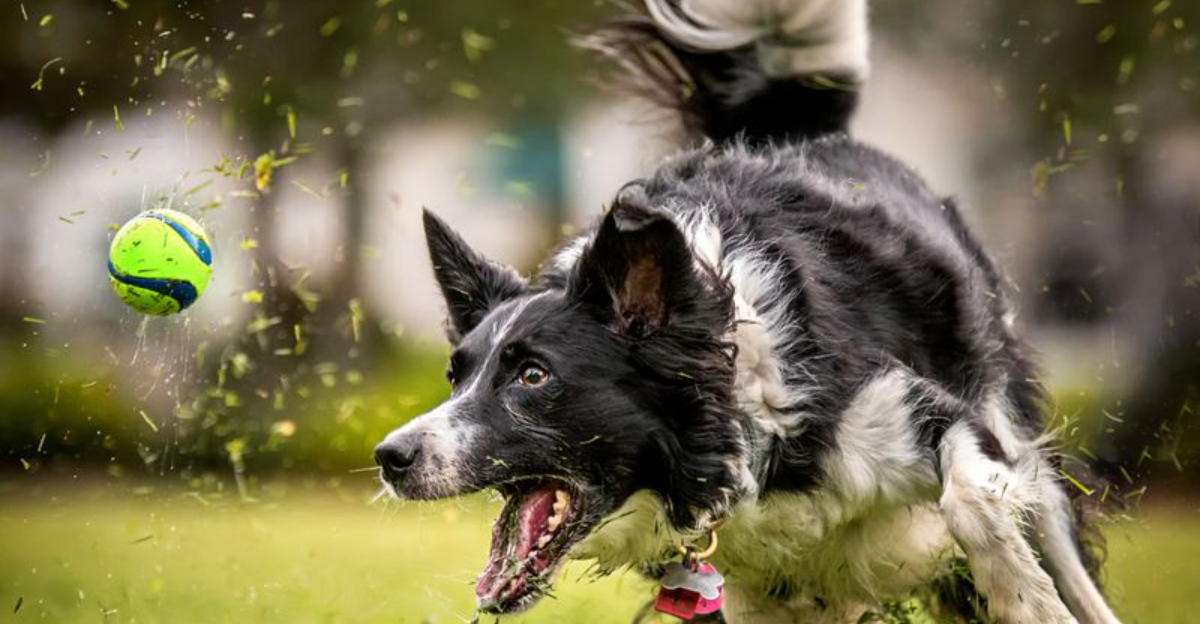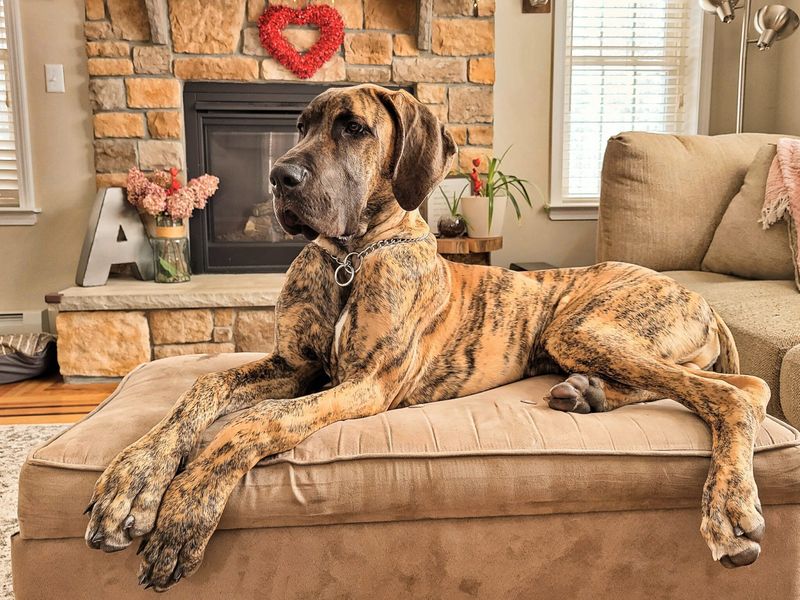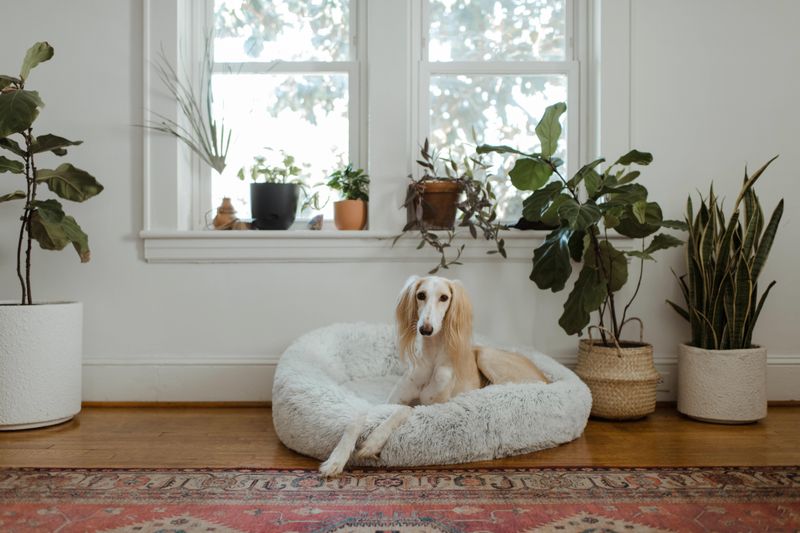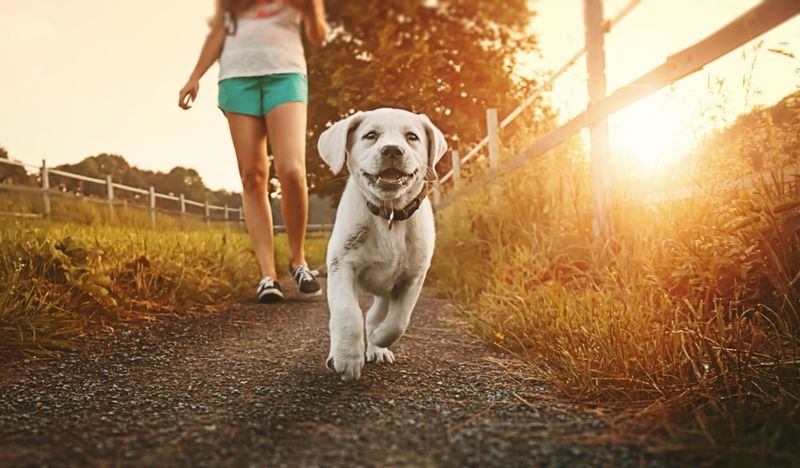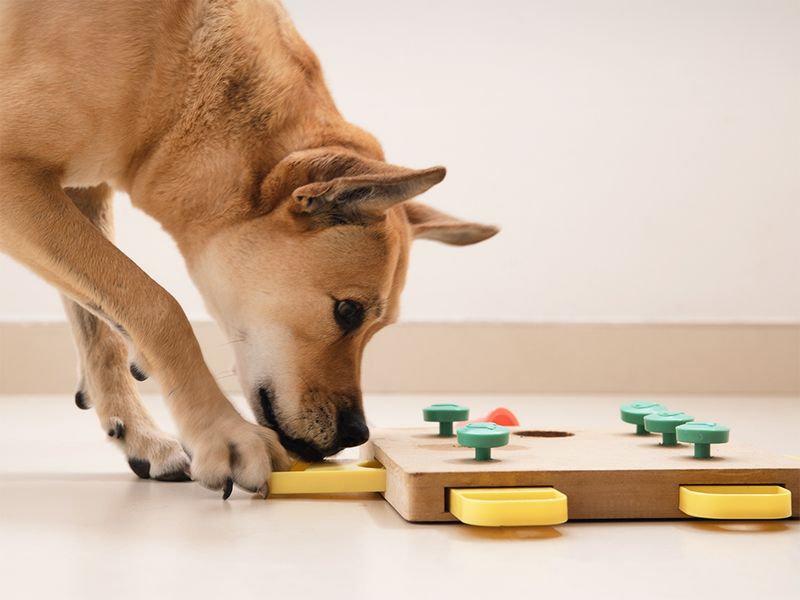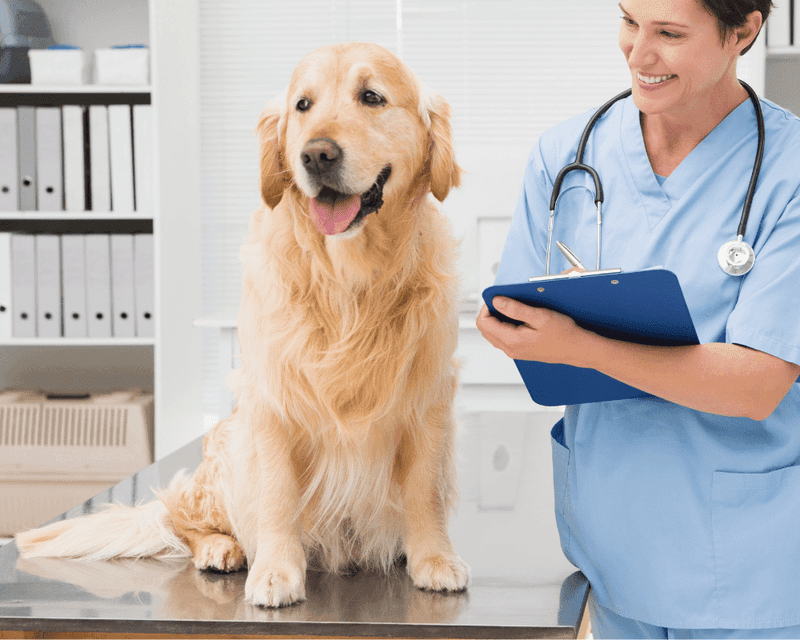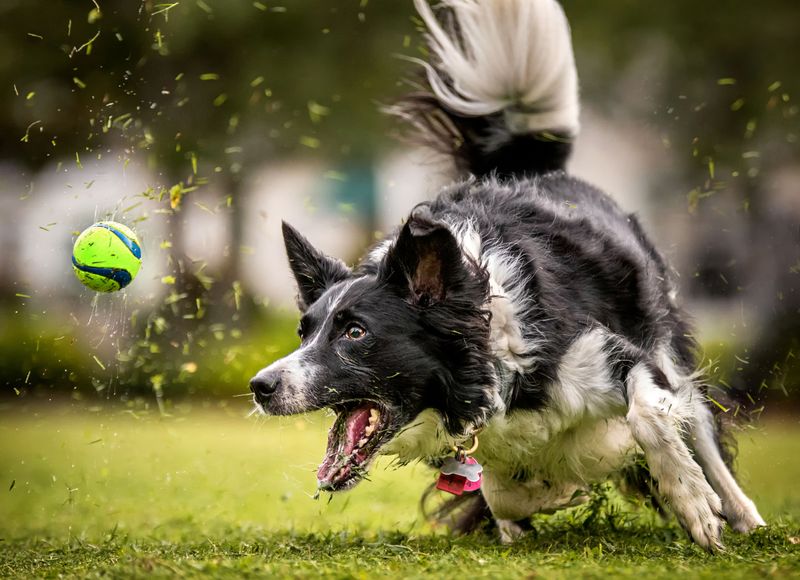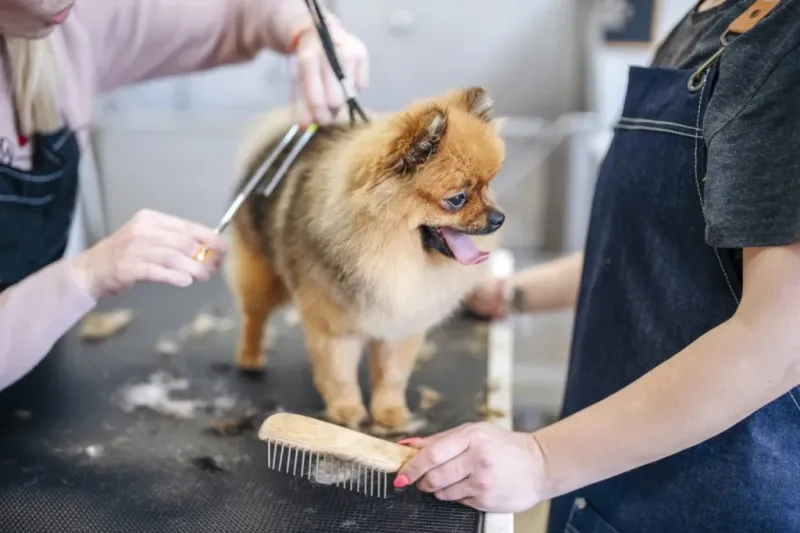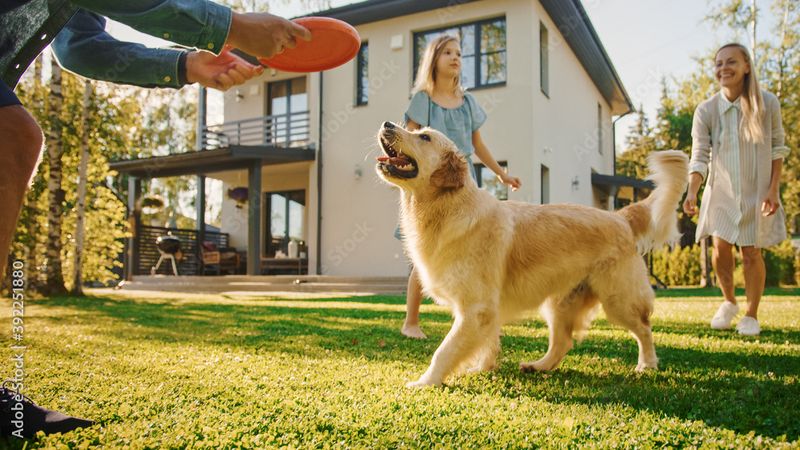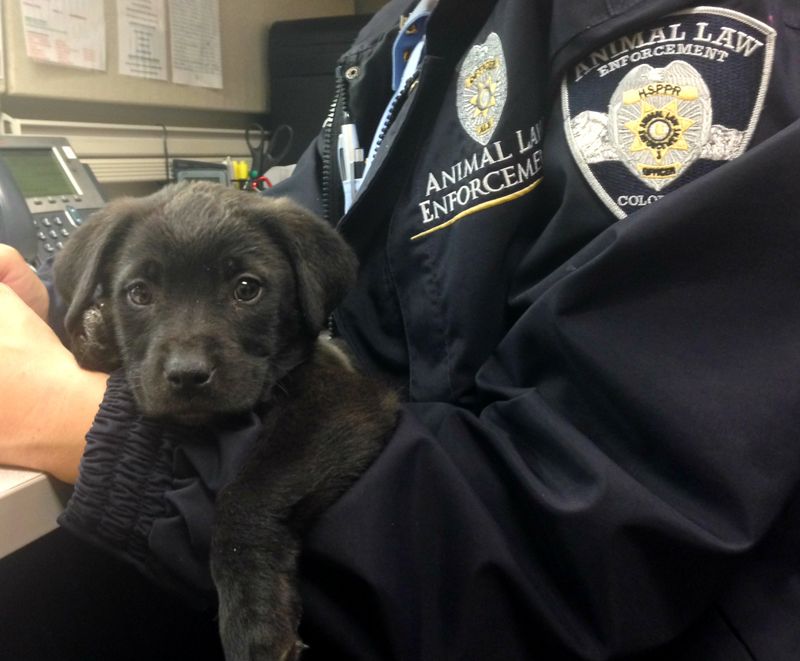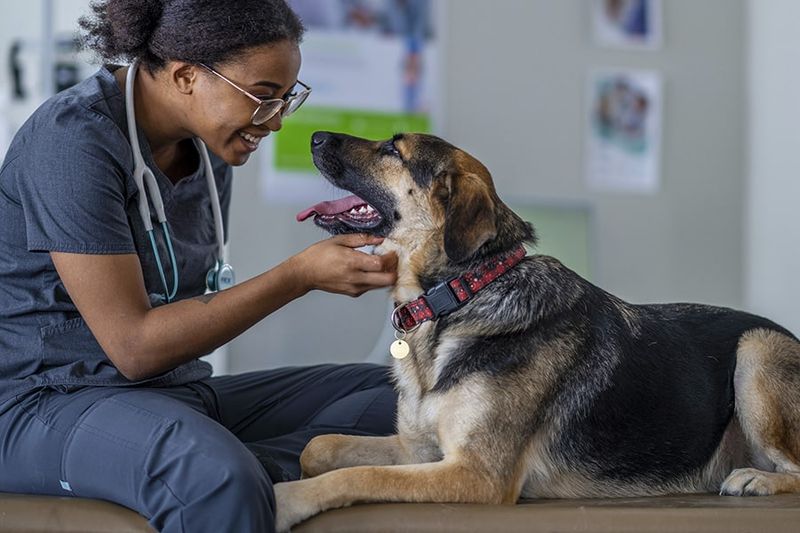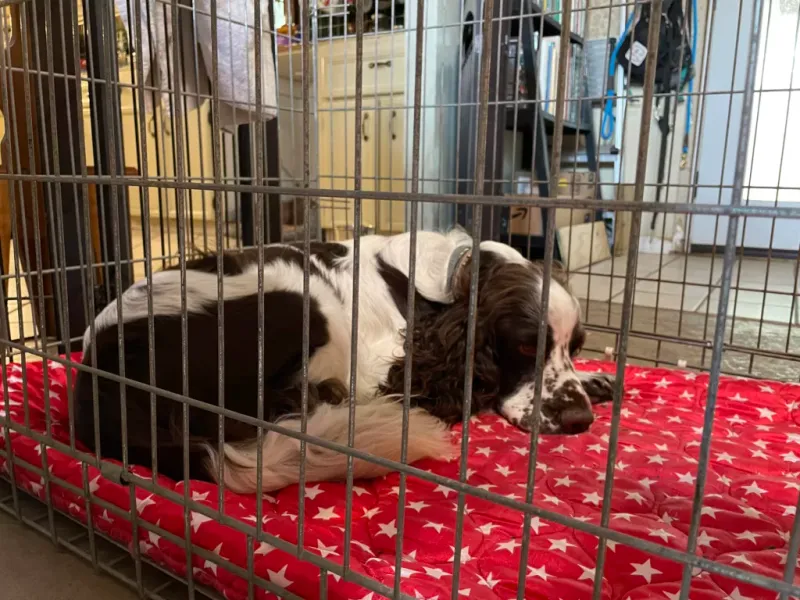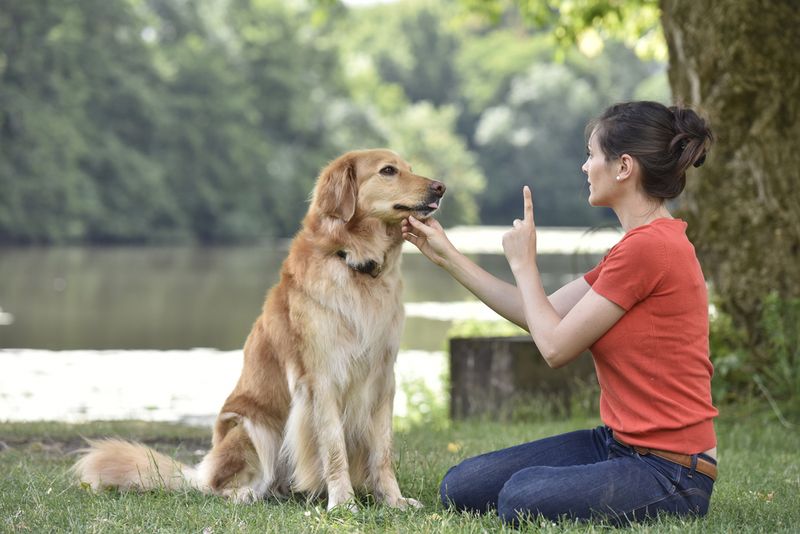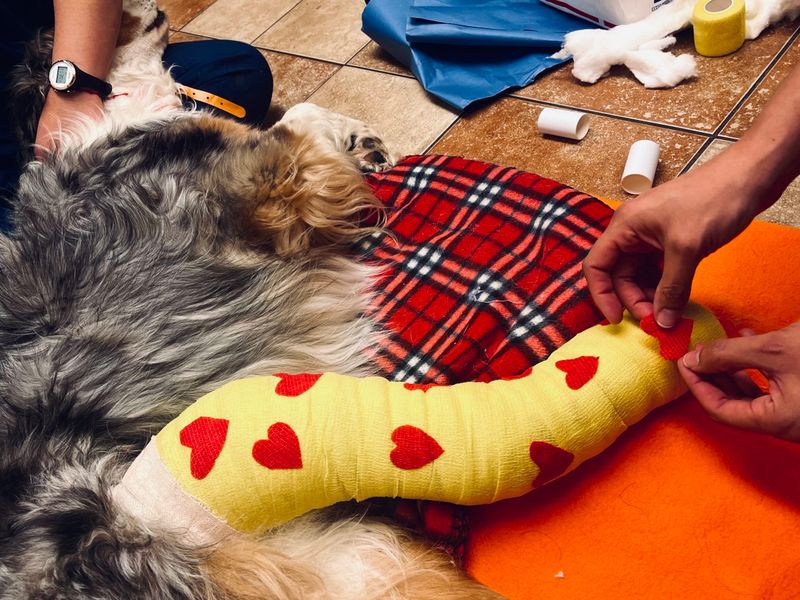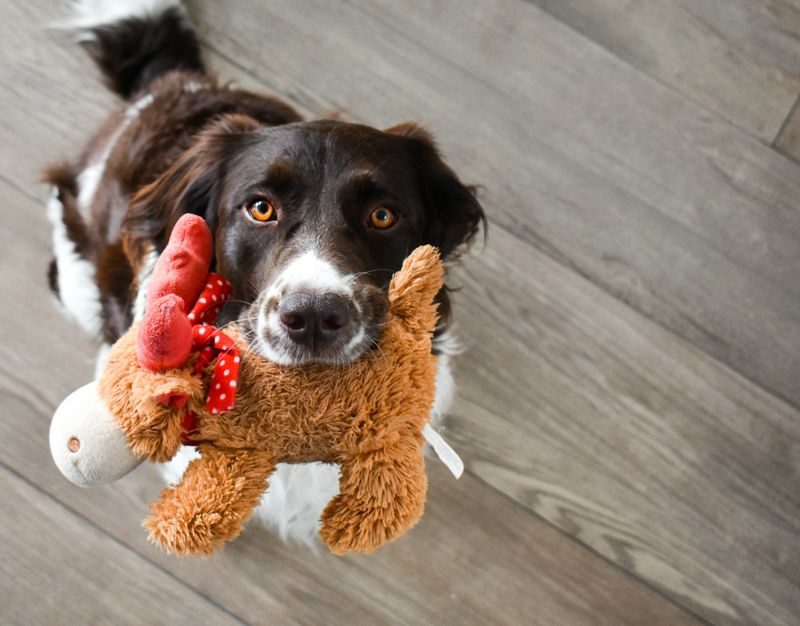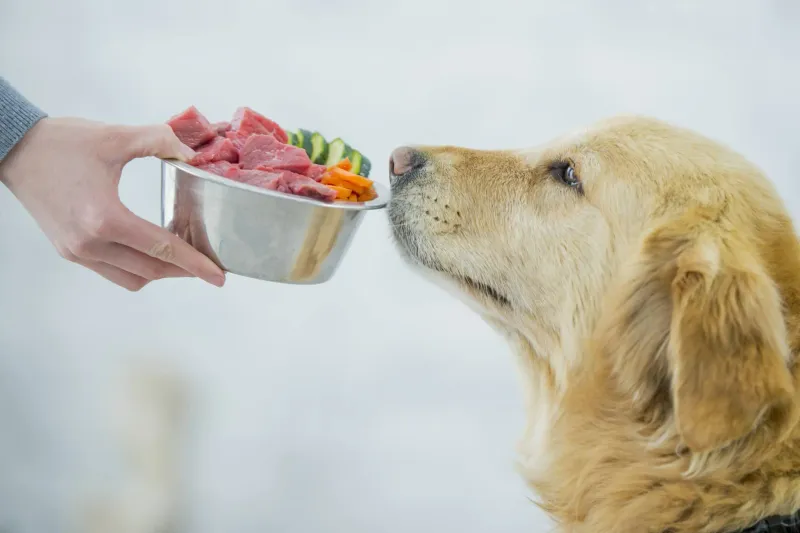Embarking on the journey of dog parenthood is both exciting and challenging. Many first-time dog owners overlook crucial steps that can lead to a harmonious and joyful relationship with their furry companion. This guide outlines 11 essential steps that first-time dog parents should not skip. Each step is crafted with unique insights and practical tips to ensure a fulfilling experience for both you and your new dog. From understanding your dog’s dietary needs to establishing a routine, these steps will set the foundation for a healthy and happy partnership.
Understand Your Dog’s Breed
Understanding your dog’s breed is crucial. Whether they’re a tiny Chihuahua or a majestic Great Dane, knowing their specific needs and characteristics is key. Breeds come with their own set of quirks and requirements. A Labrador Retriever’s energy levels differ vastly from a Bulldog’s laid-back nature.
Research your dog’s breed thoroughly. This knowledge will help tailor their diet, exercise, and training needs. Are they prone to certain health issues? Do they have a high prey drive? Every detail matters.
Armed with this information, you’ll be better equipped to meet your dog’s unique needs and foster a strong bond.
Create a Safe Space
Establishing a safe haven for your dog is fundamental. Dogs thrive in environments where they feel secure. Consider setting up a cozy corner with a soft bed and favorite toys. This space should be free from loud noises and sudden disruptions.
A safe space provides comfort during stressful times, such as during thunderstorms or when guests arrive. Familiar scents and belongings can soothe anxiety. It’s their sanctuary.
By creating this haven, you provide a retreat where your dog can relax and unwind, fostering a sense of security that’s essential for their well-being.
Understand Nutritional Needs
Nutrition is the backbone of a healthy dog. It’s not just about feeding them; it’s about nourishing their body. High-quality food tailored to their age, size, and health status is vital.
Consult your vet to choose the right diet. Regular feeding schedules prevent obesity and digestive issues. Remember, treats should be occasional, not a staple.
As you learn about your dog’s dietary requirements, you’ll contribute significantly to their longevity and vitality. A well-fed dog is a happy dog, eager to share many playful moments with you.
Establish a Routine
Dogs thrive on routine. Predictability provides them with a sense of security. From morning walks to feeding times, a consistent schedule helps manage their behavior and expectations.
A well-established routine reduces anxiety and builds trust. Your dog will know when it’s time for activity and when to rest.
By prioritizing a structured routine, you cultivate a balanced lifestyle for your dog, enhancing their overall happiness and contentment. It’s a simple yet powerful tool in dog parenting.
Socialize with Other Dogs
Socialization is a vital step in raising a well-adjusted dog. Exposing them to new dogs, people, and environments reduces fear and aggression.
Regular visits to the park can improve their social skills. They’ll learn to play, share, and communicate effectively. Positive experiences shape a friendly demeanor.
Remember, supervised socialization helps identify any behavioral issues early on. Embracing this step ensures your dog is confident and happy in any setting.
Provide Mental Stimulation
Mental stimulation is as important as physical exercise. Dogs need to engage their minds to prevent boredom and destructive behavior.
Introduce puzzles and interactive toys to challenge their cognitive abilities. Rotate toys to keep things fresh and exciting.
A well-stimulated dog displays fewer behavioral issues and enjoys a more enriching life. It’s a rewarding aspect of your companionship.
Regular Vet Visits
Regular vet visits are non-negotiable. They’re essential for maintaining your dog’s health. From vaccinations to dental care, these check-ups are a preventive measure.
Your vet can identify potential issues before they become serious. Building a rapport with your vet ensures a tailored care plan for your pet.
Prioritizing regular check-ups demonstrates your commitment to your dog’s health and happiness. It’s a proactive approach to long-term well-being.
Train with Patience
Training is a journey, not a destination. Patience and consistency are your allies. Positive reinforcement encourages desirable behavior.
Every dog learns at their own pace. Celebrate small victories and remain patient during setbacks. Training strengthens your bond and fosters mutual respect.
By approaching training with empathy and understanding, you cultivate a well-mannered companion who thrives on your encouragement.
Exercise Regularly
Exercise is crucial for your dog’s physical and mental health. It prevents obesity and channels their energy positively.
Tailor activities to your dog’s breed and age. Whether it’s a brisk walk or a game of fetch, regular exercise keeps them fit and happy.
An active dog is a content dog, one that shares joyful adventures with you while maintaining a healthy weight and robust health.
Ensure Proper Grooming
Grooming goes beyond aesthetics. It’s about health and hygiene. Regular brushing prevents matting and reduces shedding.
Consider your dog’s coat type. Some may require frequent grooming, while others are less demanding. Baths, nail trimming, and ear cleaning are all part of comprehensive care.
Proper grooming enhances your dog’s comfort and appearance, reflecting your dedication to their well-being.
Bond Through Play
Playtime strengthens the bond between you and your dog. It’s a fun way to connect and understand each other.
Engage in activities they love, whether it’s a game of fetch or tug-of-war. Playful interactions enrich their life and deepen your relationship.
Through play, you nurture trust and affection, creating a joyful companionship filled with mutual joy and understanding.
Research Local Pet Laws
In every community, pet ownership is subject to various laws and regulations. These rules can cover everything from leash requirements to noise ordinances. Understanding these laws is critical not only to avoid fines but also to ensure your dog’s safety and the well-being of your neighbors.
Familiarizing yourself with local pet laws can also help you find dog-friendly spaces and activities. Whether you’re walking your dog in the park or taking them to a cafe, knowing the rules protects both your pet and others. Ignorance of the law is rarely an acceptable excuse.
A simple online search or a visit to your local municipality’s website can provide the most up-to-date and relevant information for your area. Being informed helps you become a responsible and law-abiding pet owner.
Choose the Right Veterinarian
Selecting the right veterinarian is akin to choosing a pediatrician for your child. It’s a choice that affects your dog’s health and wellness over their entire lifetime. Trust and communication are vital components of this relationship.
When choosing a vet, consider their proximity, services offered, and emergency care options. It’s beneficial to meet them in person before making a decision. A welcoming environment and caring staff can make a significant difference during visits.
Don’t hesitate to ask other dog owners for recommendations. Personal endorsements often point you toward professionals who excel in their field. Your dog’s vet should be someone you rely on for advice, check-ups, and in times of need.
Understand Your Dog’s Body Language
Dogs communicate primarily through body language, a subtle but clear form of expression. Recognizing these cues can prevent misunderstandings and help you respond to your pet’s needs more effectively.
Whether it’s a wagging tail or a low growl, each sign tells a story about what your dog is feeling. Gaining insight into these signals can strengthen the bond between you and your dog, creating a safer and happier environment.
Books, online resources, and even dog training classes can help you learn more about canine body language. This knowledge ensures that you understand your pet’s silent messages and provide the care they require.
Set Boundaries Early
Establishing boundaries is essential for both safety and harmony within the home. While dogs are naturally curious, they need guidance to understand what areas are off-limits and which behaviors are acceptable.
By setting boundaries early, you prevent future behavioral issues and create a peaceful living environment. Simple tools like baby gates and designated sleeping areas can be effective.
Incorporating positive reinforcement helps your dog learn faster and with more enthusiasm. Consistency is key, so all family members should agree on the rules. This collaborative approach fosters respect and understanding between you and your pet.
Invest in Quality Training
Training is a fundamental part of responsible dog ownership, yet it’s often underestimated by first-time owners. Investing in quality training early on can prevent behavioral problems and enhance your dog’s quality of life.
Professional trainers offer a wealth of experience and tailored advice that can be invaluable, especially for novice owners. Group classes also provide socialization opportunities that are crucial for your dog’s development.
Training strengthens your bond with your pet and helps you understand each other better. It’s an ongoing process, and the earlier you start, the more rewarding the results will be. Remember, a well-trained dog is a happy dog.
Prepare for Emergencies
Emergencies can happen at any time, and being prepared is a hallmark of responsible pet ownership. Having a first-aid kit specifically for dogs is a must. Essential items include bandages, antiseptic wipes, and a muzzle.
Knowing where the nearest emergency vet is located and having their contact information readily accessible is equally important. Time is often critical in emergencies, and preparation can save your dog’s life.
Consider taking a pet first-aid course to better equip yourself for unexpected situations. Being prepared reduces panic and ensures that you can handle emergencies calmly and effectively.
Schedule Regular Playdates
Socialization is crucial for a dog’s well-being, and regular playdates offer an excellent opportunity for your furry friend to interact with other dogs. These interactions help reduce anxiety and prevent aggression.
Organizing playdates with other dog owners can be fun for both you and your pet. It allows dogs to expend energy and practice social skills in a controlled environment.
Ensure the play area is safe and all participating dogs are vaccinated. Supervision is necessary to intervene if play gets too rough. Playdates should be positive experiences, fostering friendships and building trust among dogs and their owners.
Monitor Your Dog’s Weight
Maintaining a healthy weight is vital for your dog’s longevity and quality of life. Obesity in dogs can lead to serious health issues, including diabetes and joint problems.
Regularly monitoring your dog’s weight can help catch potential issues early. Use a digital scale for accuracy and consult your vet if you notice significant changes.
Adjusting your dog’s diet and exercise routine accordingly ensures they remain at an optimal weight. Keeping a log of their weight helps track progress and identify trends. A healthy weight contributes to a happier, more active pet, enriching both their life and yours.
Rotate Toys Regularly
Just like humans, dogs can grow bored with the same toys day in and day out. Rotating toys keeps them engaged and stimulated, preventing destructive behavior due to boredom.
Introduce new toys periodically and rotate them to maintain interest. This practice keeps your dog mentally sharp and physically active.
Rotating toys also allows you to clean them regularly, ensuring hygiene and safety. By paying attention to what toys your dog prefers, you can tailor their playtime to suit their interests and energy levels, fostering a lively and enjoyable environment.
Provide a Balanced Diet
Feeding your dog a balanced diet is crucial for their overall health and longevity. The right nutritional mix supports their energy levels, coat health, and immune system.
Consulting with a vet to tailor a diet specific to your dog’s age, size, and breed can make a substantial difference. Commercial dog foods are convenient, but homemade meals can also provide excellent nutrition if prepared correctly.
Avoid overfeeding and resist the temptation to give table scraps. Providing the right nutrients ensures your dog thrives and enjoys a vibrant, healthy life. Regularly reviewing your pet’s diet keeps them at their best, inside and out.
Secure a Safe Sleeping Area
Creating a safe and comfortable sleeping space is essential for your dog’s rest and well-being. A good night’s sleep is important for their overall health and mood.
Choose a spot that offers peace and quiet, away from foot traffic and household noise. A comfortable bed with supportive materials ensures restful sleep.
Consider your dog’s preferences, such as whether they like to curl up or sprawl out. Adjust the bedding to suit their comfort. A designated sleeping area gives your dog a sense of security and ownership, enhancing their happiness and contentment.
